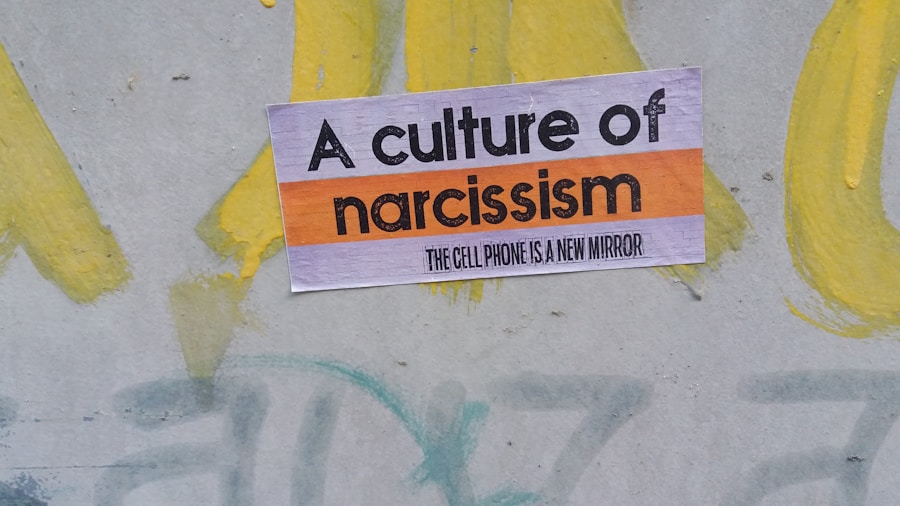Helping others has long been recognized as a noble and selfless act. It not only benefits the recipient of the help, but it also has a profound impact on the mental health and well-being of the helper. In recent years, there has been a growing body of research that supports the connection between helping others and mental health. This blog post aims to explore this connection in depth, providing scientific evidence and practical tips for incorporating helping others into one’s life.
The Science behind Helping Others and Mental Health
Numerous studies have shown that helping others can have a positive impact on mental health. One study conducted by researchers at the University of Exeter found that individuals who volunteered had lower levels of depression, increased life satisfaction, and enhanced well-being compared to those who did not engage in volunteering activities. Another study published in the Journal of Happiness Studies found that individuals who engaged in acts of kindness towards others experienced greater happiness and life satisfaction.
Biologically, helping others triggers the release of feel-good hormones such as oxytocin and endorphins in the brain. These hormones are associated with feelings of happiness, pleasure, and overall well-being. Psychologically, helping others can provide a sense of purpose and meaning in life, which is essential for mental health.
Benefits of Helping Others for Mental Health
There are numerous benefits of helping others for mental health. Firstly, helping others can boost self-esteem and confidence. When we help others, we feel a sense of accomplishment and pride in our abilities to make a positive impact on someone else’s life. This can lead to an increase in self-esteem and confidence.
Secondly, helping others enhances social connections and relationships. When we engage in acts of kindness towards others, we are more likely to form meaningful connections with them. This can lead to new friendships and a sense of belonging, which are crucial for mental health.
Thirdly, helping others reduces stress and anxiety. When we focus on the needs of others, we shift our attention away from our own worries and problems. This can provide a much-needed break from stress and anxiety, allowing us to experience a sense of calm and relaxation.
Helping Others Boosts Self-Esteem and Confidence
Helping others can have a profound impact on self-esteem and confidence. When we engage in acts of kindness towards others, we feel a sense of accomplishment and pride in our abilities to make a positive impact on someone else’s life. This can lead to an increase in self-esteem and confidence.
To incorporate helping others into your life to boost self-esteem and confidence, start by identifying your strengths and skills. What are you good at? What do you enjoy doing? Once you have identified your strengths, look for opportunities to use them to help others. For example, if you are good at cooking, consider volunteering at a local soup kitchen or organizing a bake sale for charity. By using your skills to help others, you will not only make a positive impact on their lives but also boost your own self-esteem and confidence.
Helping Others Enhances Social Connections and Relationships
Helping others can enhance social connections and relationships. When we engage in acts of kindness towards others, we are more likely to form meaningful connections with them. This can lead to new friendships and a sense of belonging, which are crucial for mental health.
To enhance social connections and relationships through helping others, consider volunteering or getting involved in community activities. This could be anything from joining a local charity organization to participating in community clean-up events. By actively engaging with others in these settings, you will have the opportunity to form new friendships and connections based on shared values and interests.
Helping Others Reduces Stress and Anxiety
Helping others can reduce stress and anxiety. When we focus on the needs of others, we shift our attention away from our own worries and problems. This can provide a much-needed break from stress and anxiety, allowing us to experience a sense of calm and relaxation.
To incorporate helping others into your life to reduce stress and anxiety, start by identifying the causes of your stress and anxiety. What are the main sources of stress in your life? Once you have identified these sources, think about how you can use helping others as a way to alleviate them. For example, if work is a major source of stress, consider volunteering at a local organization that aligns with your interests or skills. By focusing on the needs of others, you will be able to take a break from your own stressors and experience a sense of calm and relaxation.
Helping Others Provides a Sense of Purpose and Meaning
Helping others can provide a sense of purpose and meaning in life. When we engage in acts of kindness towards others, we feel a sense of fulfillment and satisfaction in knowing that we are making a positive impact on someone else’s life. This can lead to a greater sense of purpose and meaning in our own lives.
To incorporate helping others into your life to find purpose and meaning, start by reflecting on your values and what is important to you. What do you care about? What causes or issues resonate with you? Once you have identified your values, look for opportunities to align them with acts of kindness towards others. For example, if you care about environmental sustainability, consider volunteering at a local environmental organization or organizing a community clean-up event. By engaging in activities that align with your values, you will be able to find purpose and meaning in helping others.
Helping Others Improves Emotional Well-being
Helping others can improve emotional well-being. When we engage in acts of kindness towards others, we experience positive emotions such as happiness, joy, and gratitude. These positive emotions can have a profound impact on our overall emotional well-being.
To incorporate helping others into your life to improve emotional well-being, start by practicing gratitude. Take a few moments each day to reflect on the things you are grateful for and express your gratitude towards others. This could be as simple as sending a thank-you note or expressing your appreciation in person. By cultivating a sense of gratitude, you will be more inclined to engage in acts of kindness towards others and experience the positive emotions associated with helping others.
Helping Others Increases Resilience and Coping Skills
Helping others can increase resilience and coping skills. When we engage in acts of kindness towards others, we develop a sense of empathy and compassion. These qualities are essential for building resilience and coping with adversity.
To incorporate helping others into your life to increase resilience and coping skills, start by practicing empathy. Put yourself in the shoes of others and try to understand their perspective and experiences. This will help you develop a greater sense of empathy and compassion, which are crucial for building resilience and coping with adversity. Additionally, consider volunteering or getting involved in community activities that focus on supporting individuals who are facing challenges or adversity. By actively engaging with these individuals, you will have the opportunity to learn from their experiences and develop your own resilience and coping skills.
How to Incorporate Helping Others into Your Life
There are many practical ways to incorporate helping others into your life. Here are some suggestions:
1. Volunteer at a local organization or charity: Find a cause or organization that aligns with your interests or values and offer your time and skills to help them achieve their mission.
2. Help a friend or family member in need: Offer support and assistance to someone you know who may be going through a difficult time.
3. Perform random acts of kindness: Engage in small acts of kindness towards strangers, such as holding the door open for someone or paying for someone’s coffee.
4. Join a community group or organization: Get involved in community activities or groups that focus on helping others, such as a local gardening club or a neighborhood watch group.
5. Mentor or tutor someone: Offer your knowledge and expertise to mentor or tutor someone who could benefit from your guidance.
The Importance of Helping Others for Your Mental Health and Overall Well-being
In conclusion, helping others has numerous benefits for mental health and overall well-being. It boosts self-esteem and confidence, enhances social connections and relationships, reduces stress and anxiety, provides a sense of purpose and meaning, improves emotional well-being, and increases resilience and coping skills. By incorporating helping others into our lives, we not only make a positive impact on the lives of others but also experience profound benefits for our own mental health and well-being. So let’s make a conscious effort to help others and create a ripple effect of kindness and compassion in the world.


